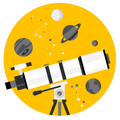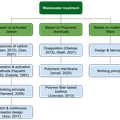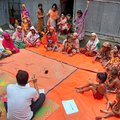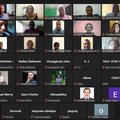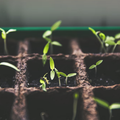Rising Scholars News
1658 articles were found.
Getting published in academic journals
Kojo Ahiakpa and Benjamin Karikari provide a summary of the basic components that a normal research article ought to contain, including detailed information that should be contained in each section.
Understanding grant types and how to find suitable research grant opportunities
Finding suitable funding opportunities requires in-depth understanding of the funding landscape.
Application of literature maps and literature matrices for quick and effective literature reviews
Literature maps and matrices enable researchers to visually represent and analyse journal articles in context.
Replace your New Year's resolutions with SMART goals
Somefun Oluwaseyi suggests ways to achieve set goals instead of New Year's reolutions -- and stick to them.
Building research visibility for career progression and successful grant applications
Dr Helen Onyeaka covers why it is important for researchers to be visible, how to become known in a particular field and how to establish connections with other researchers.
Four lessons I learned from desk rejection: Finding the right journal
Edmond Sanganyado shares valuable lessons that helped his team get their interdisciplinary study published.
A case study on writing a peer-reviewed journal article on climate change
In this case study, Haseeb Irfanullah shares the background story of a recent peer-reviewed article on climate change that he published with two other co-authors
Community members tell their AuthorAID stories
Every month, members of the AuthorAID community come together for an informal online event called “Tea Time with AuthorAID”. This month, AuthorAID steward Dr. Zainab Yunusa Kaltungo, who is a plastic …
How Mentorship Jump-Started My Career-Switch
Emi' Alawode recounts her inspirational change story, made possible by AuthorAID mentorship.
AuthorAID Seed Grant winners announced
We are pleased to announce the awardees of our AuthorAID seed grants


